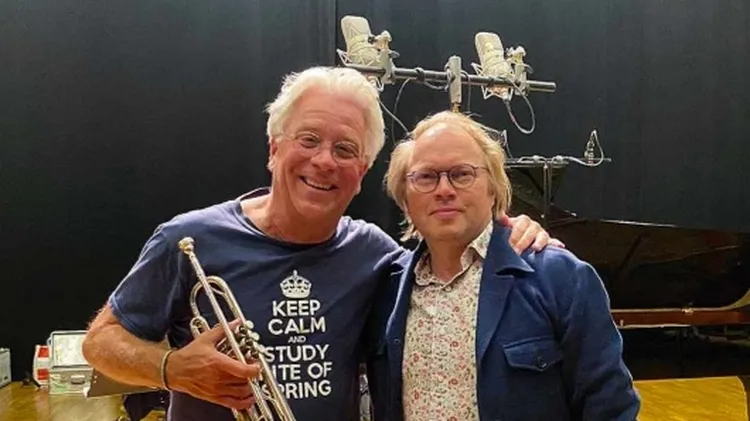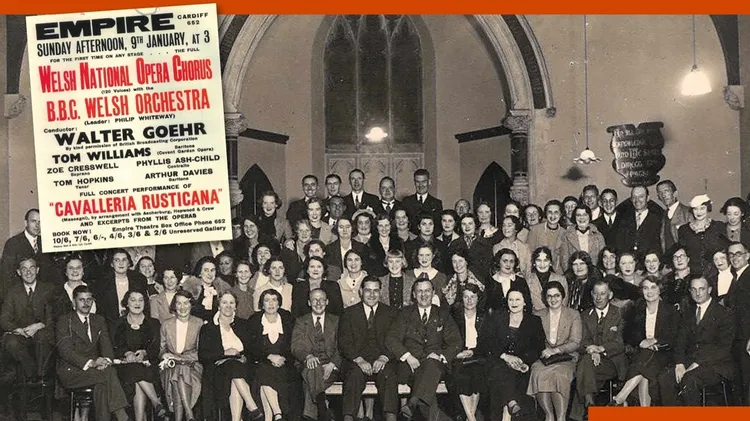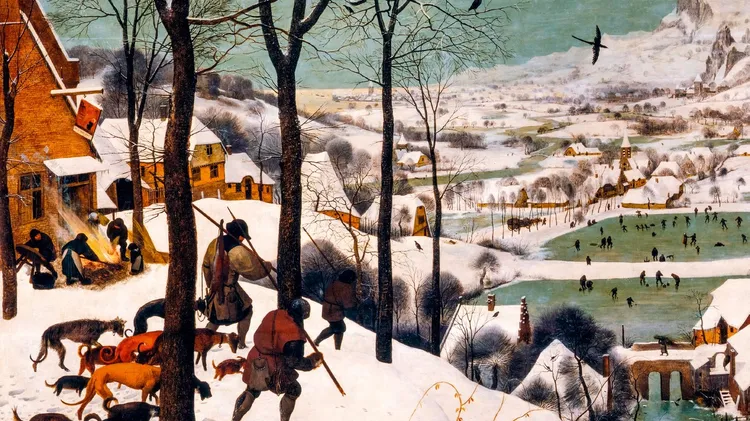Despite its diminutive size, the ukulele has always punched above
Petite... but a lot of pluck
2 min read
This article is from...
Read this article and 8000+ more magazines and newspapers on Readly






